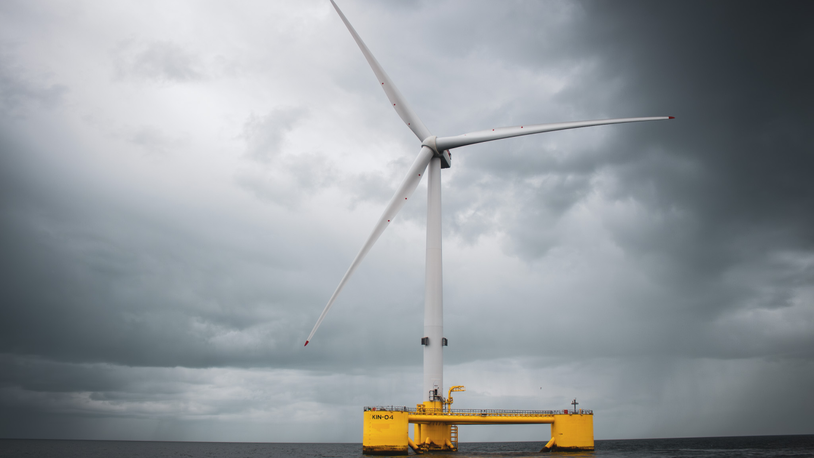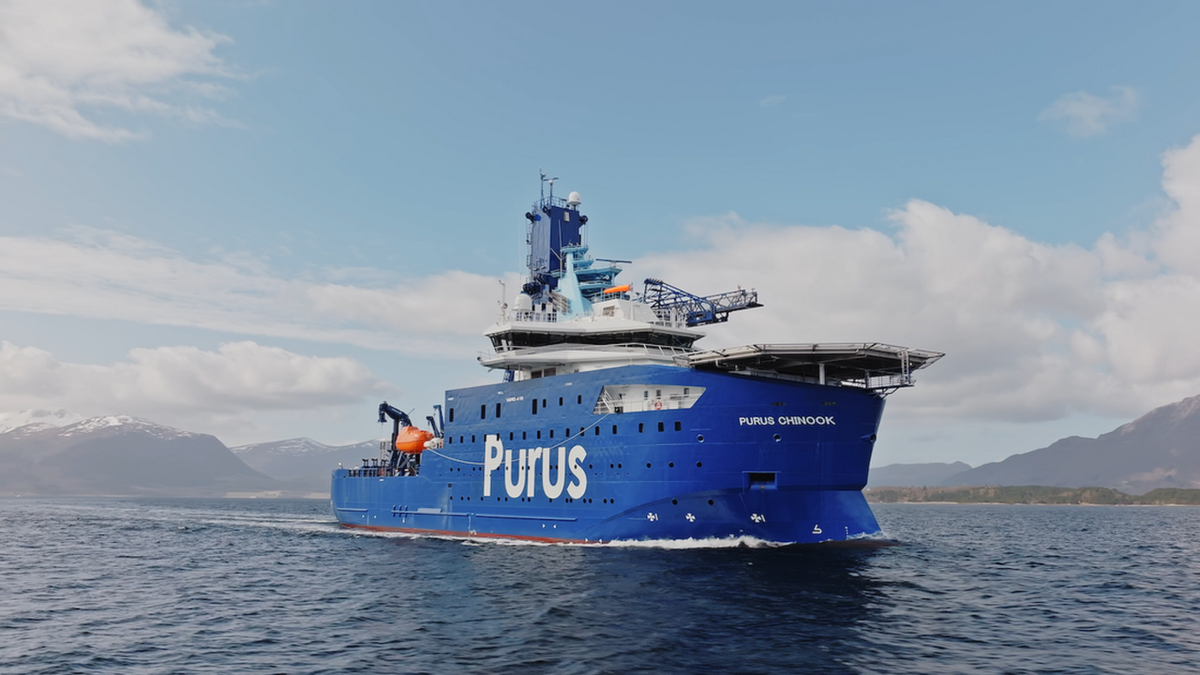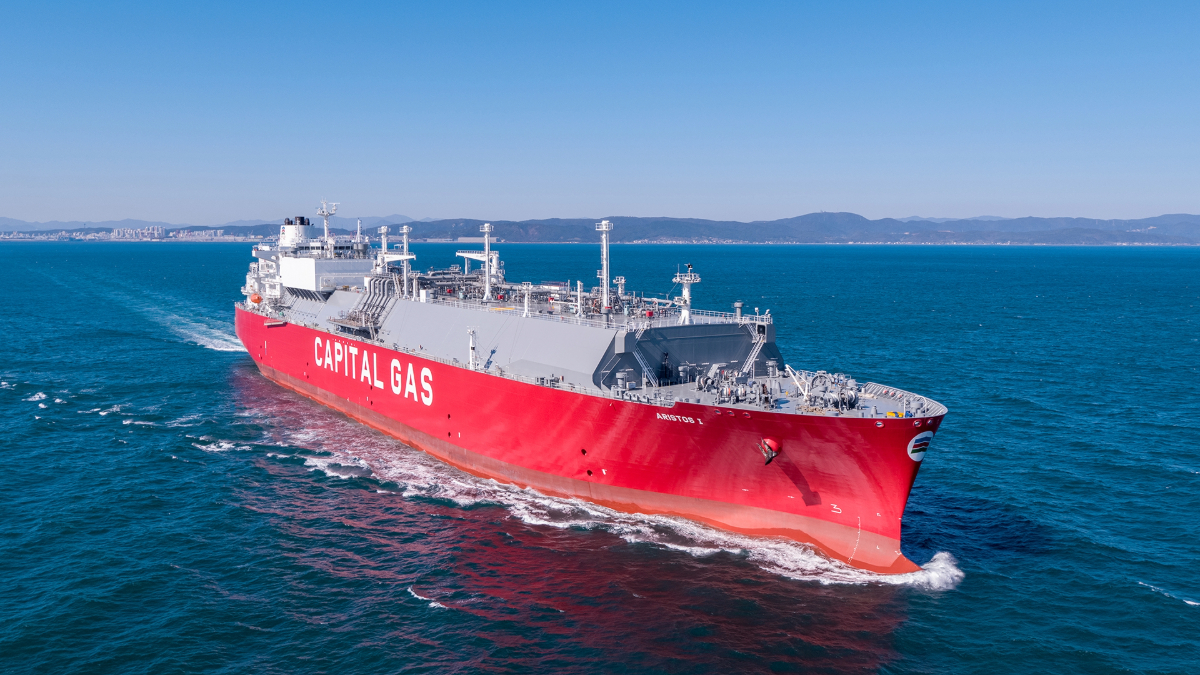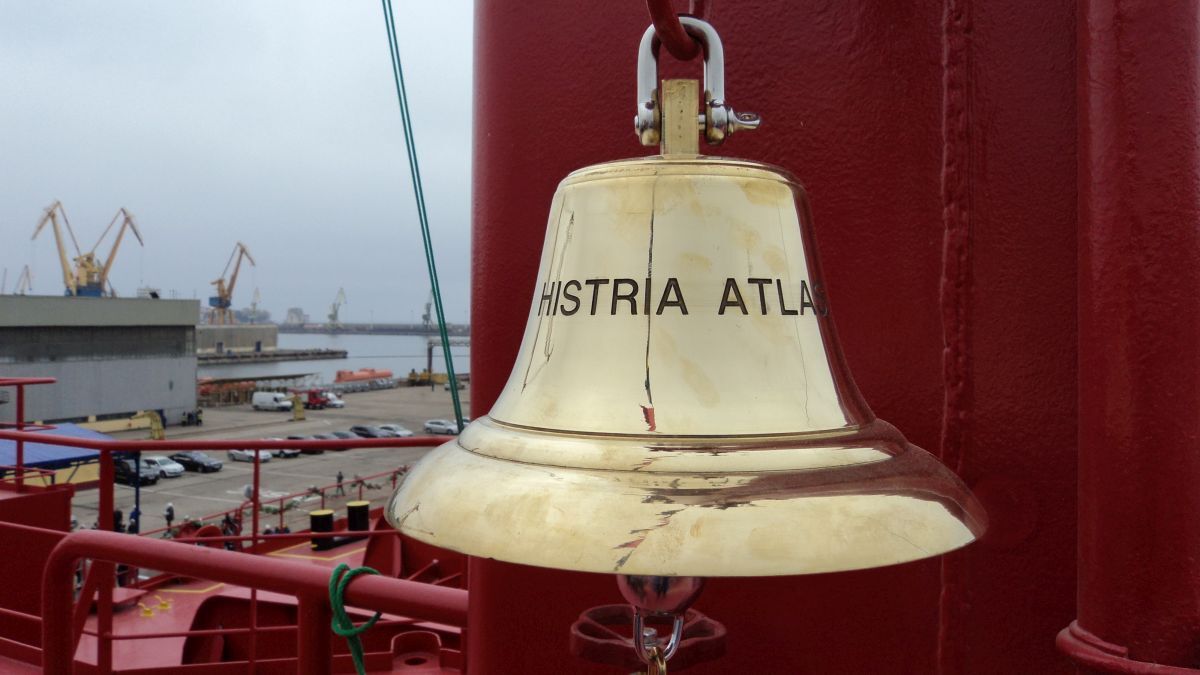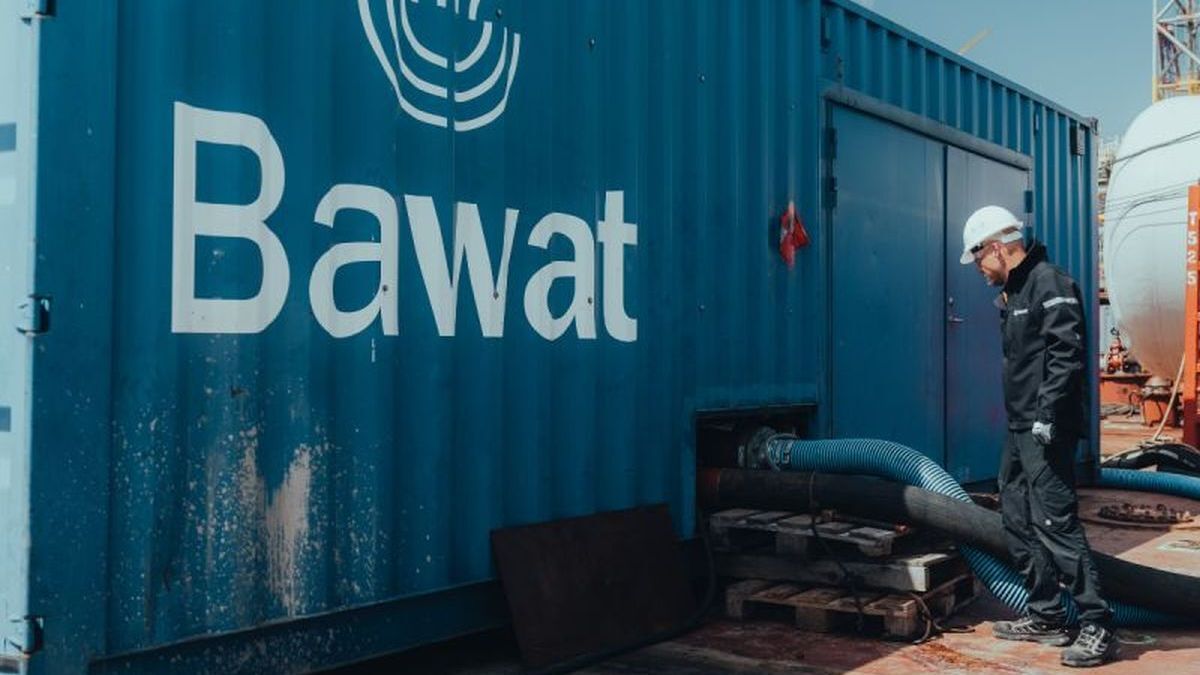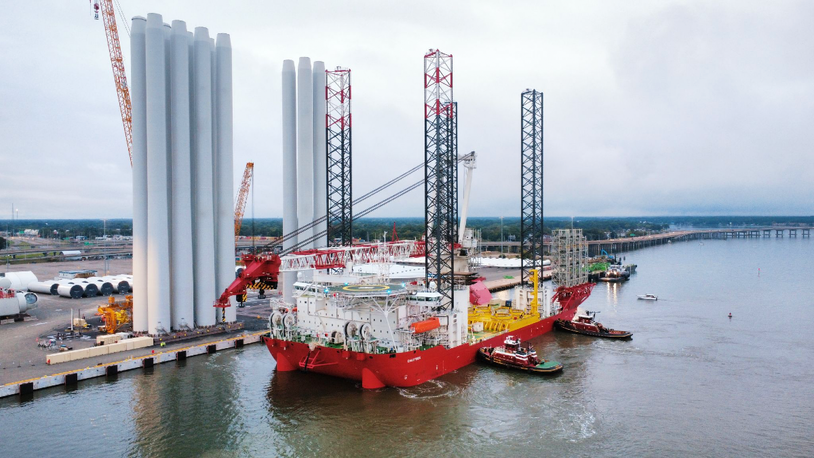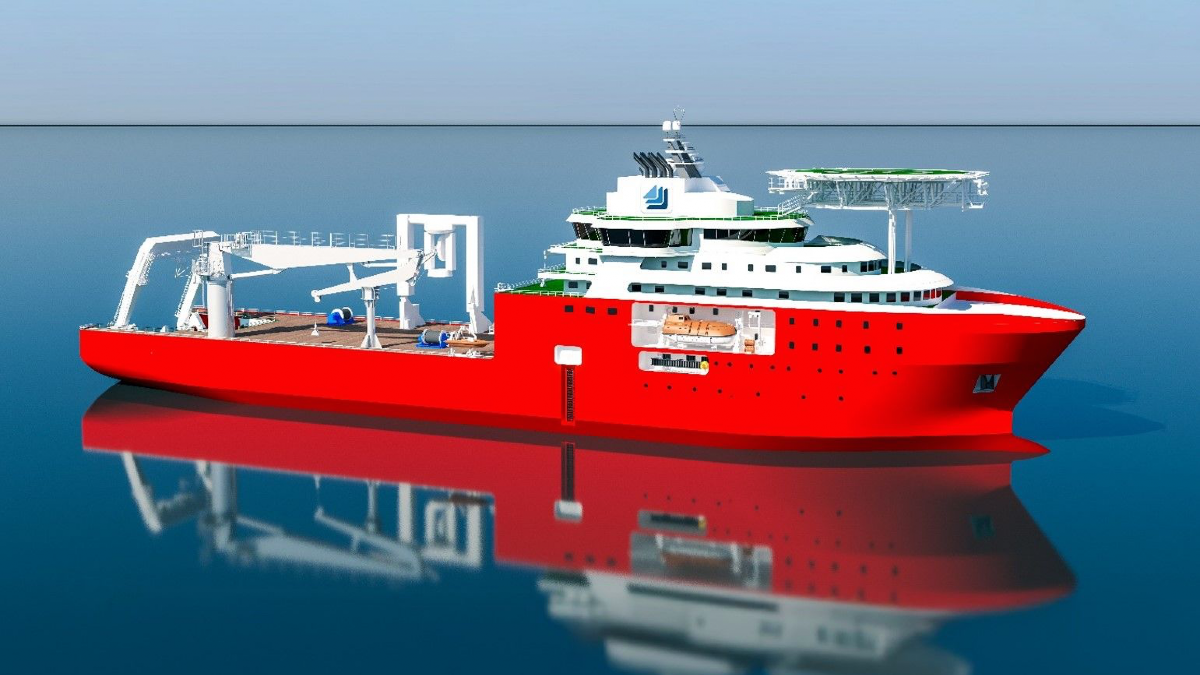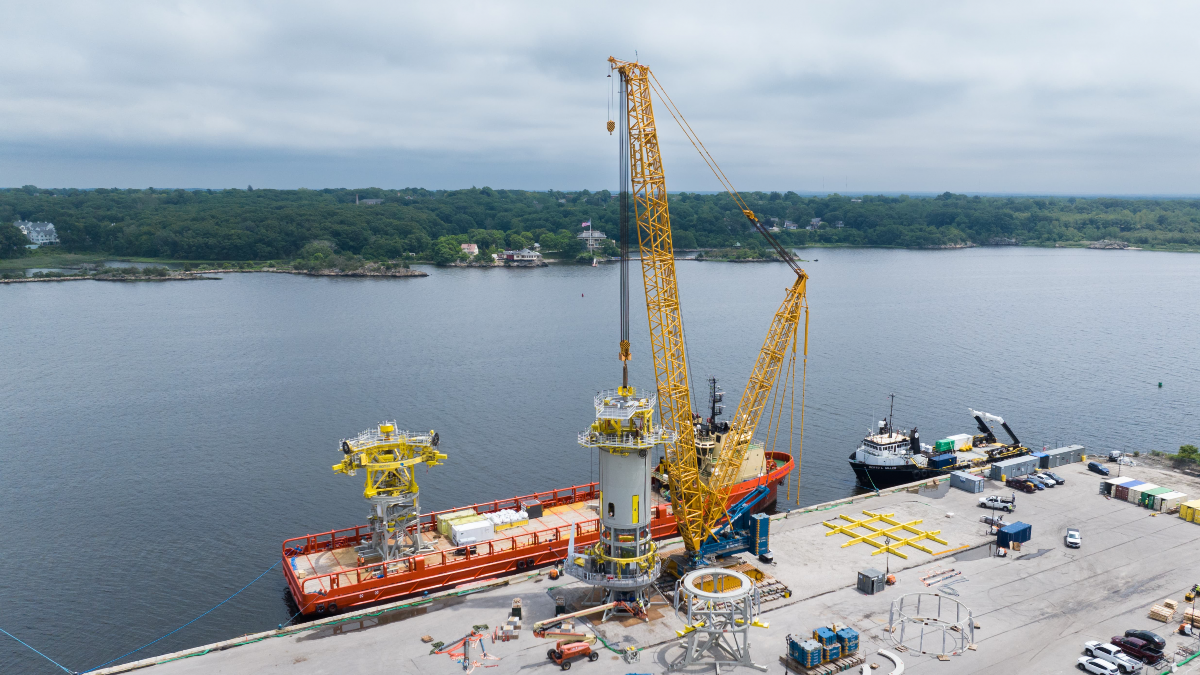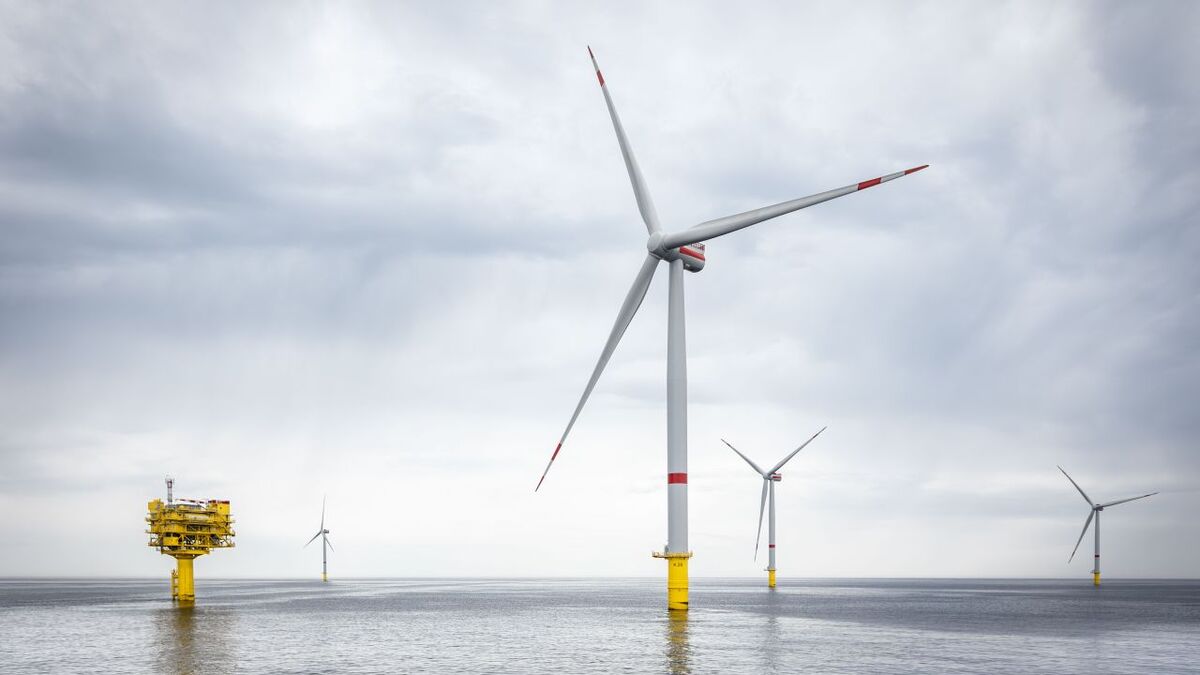Business Sectors
Events
Offshore Wind Webinar Week
Contents
Register to read more articles.
Floating wind developers ‘pull back’ due to slow progress and investment hurdles
New research suggests developers may be retreating from the floating offshore wind market as near-term growth expectations fall and confidence dips across parts of the value chain
Undertaking research for its annual floating wind survey, Westwood Global Energy Group polled 166 stakeholders across the global floating wind value chain. This included engineers, product developers, investors, government organisations and the broader supply chain.
The company said the results of its polling demonstrate that although activity in 2024 – including new leasing rounds and subsidy announcements – suggested positive momentum, delivery delays, investment risk and sluggish policy implementation are prompting a more cautious stance across the industry.
Comparing the results to the company’s 2024 survey, the biggest swing in optimism has come from developers. While they were previously the most optimistic group, they are now the least confident, with 63% feeling less optimistic than in 2024.
All other business types also signalled less optimism, with near and long-term growth expectations shifting lower compared to 2024. Notably, 72% of respondents now anticipate less than 3 GW of global floating offshore wind capacity to be operational by 2030.
Among the reasons cited for the lack of optimism, the most prominent financial barriers were high upfront capital costs and limited investor confidence in new technology. Among non-financial hurdles, port infrastructure, lack of standardisation of technologies and low government support levels continue to dominate.
Westwood manager offshore wind Bahzad Ayoub said, “Progress is happening, but too slowly. Frustration across the sector stems from knowing that momentum exists, but the pace is out of sync with expectations.
“Optimism hasn’t disappeared, but it’s paired with a grounded mindset. Floating wind must be treated as a distinct sector, not simply an extension of fixed-bottom wind and a majority of respondents think this way. The technology, timelines and investment requirements are different – and government and industry action needs to reflect that.”
Notably, the survey revealed a strong correlation between perceived market leadership and recent government initiatives. The UK, France and South Korea were identified as the top three countries in floating wind, aligning with the regions where subsidies and policy signals have been most pronounced.
Sign up for Riviera’s series of technical and operational webinars and conferences:
- Register to attend by visiting our events page.
- Watch recordings from all of our webinars in the webinar library.
Related to this Story
Events
Offshore Wind Webinar Week
Maritime Decarbonisation, Europe: Conference, Awards & Exhibition 2025
Offshore Support Journal Conference, Americas 2025
© 2024 Riviera Maritime Media Ltd.


